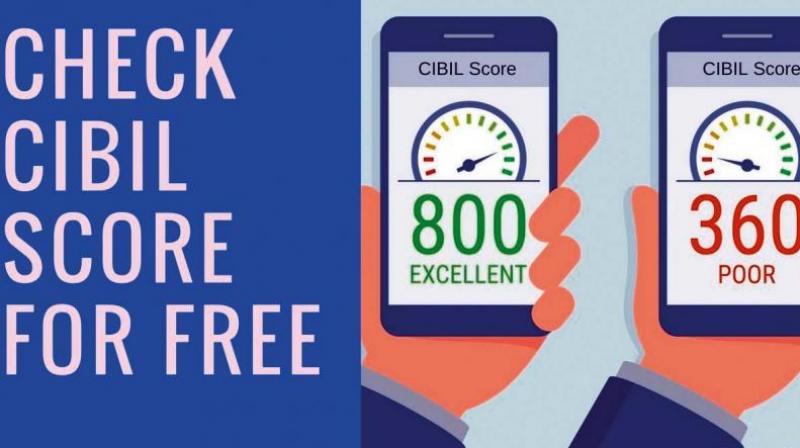Habits that will help you build a strong credit score
A poor credit score results in either an instant rejection or higher interest rates.

Your credit score is one of the important factors that decide whether banks or other institutions will provide you a credit card or a loan. When the card issuer or lender receives a loan or credit card application, he checks your credit report to evaluate your creditworthiness. A poor credit score results in either an instant rejection or higher interest rates. Here are 7 habits that can help you in building a good credit score.
Pay your credit card dues by the due date:
Good credit behavior is one of the most critical factors behind a good credit score. Paying your credit card bills, EMIs and clearing outstanding debts timely ensures you with a steady increase in your credit score. To avoid missed repayments, you have the option to set standing instructions to your bank account for automatic repayments.
Credit utilization ratio must be between 30% and 40%:
Credit utilization ratio refers to the proportion of the total credit limit that is used by you. Most of the lenders consider credit utilization ratio of above 50% as a mark of credit hungriness. On breaching this level frequently, credit bureaus may deduct your credit score. If you are breaching this set level regularly, you must request your credit card issuer to increase your limit or go for an added credit card for total credit limit increment.
Check your credit report at regular intervals:
Credit report might display incorrect information because of clerical errors conducted by the lender or credit bureau, or due to fraudulent credit applications or transactions in your name. The only way to check them all is by reviewing credit report at regular intervals. Getting your credit score today is very easy and can be done instantly online at zero cost.
Avoid credit inquiries and direct loan application with the lenders:
Every time you apply for any kind of loan or credit card, the lender fetches your credit report from the bureau which is called a ‘hard inquiry’. Frequent applications mean frequent hard inquiries, which is considered as a sign of credit hungriness and can reduce your credit score. The best way to avoid this is compare your options on a marketplace website and choose and apply with one single lender.
Utilise credit cards regularly:
Using credit cards for making payments is equivalent to taking loans. Repaying the dues timely benefits your credit score the same way as timely repayment of loans do. Therefore, using credit cards and then ensuring timely repayments of the same not only assist you to manage your finances smartly but will establish a good credit history for you that will help build your credit score.
Analyse & monitor guaranteed loan accounts:
Guaranteeing, co-signing or being a joint borrower makes you equivalently liable for defaults or missed payments for the credit accounts. Your credit report is prone to carry a similar negative mark as the primary applicant in case of a missed repayment. Hence, you must keep a check on the repayment of dues for those accounts as well. Ensuring timely repayment of those accounts will also help improve your credit score.
Maintain proper credit mix:
Credit mix is the proportion of unsecured and secured loans. Generally, the lenders prefer those who have a higher share of secured loans like car loans and home loans, and hence, the credit bureaus also score such kind of borrowers on a favourable basis. To increase your secured loan share, you must try and prepay few of your unsecured loans like the loan against credit card, personal loans etc. You can boost your credit mix by substituting unsecured loans with the secured ones like loan against securities, gold loan or top up home loan. By doing this, you might lower your burden of interest as secured loans tend to have lower rate of interest.
— by Radhika Binani – Chief Products Officer, Paisabazaar.com

